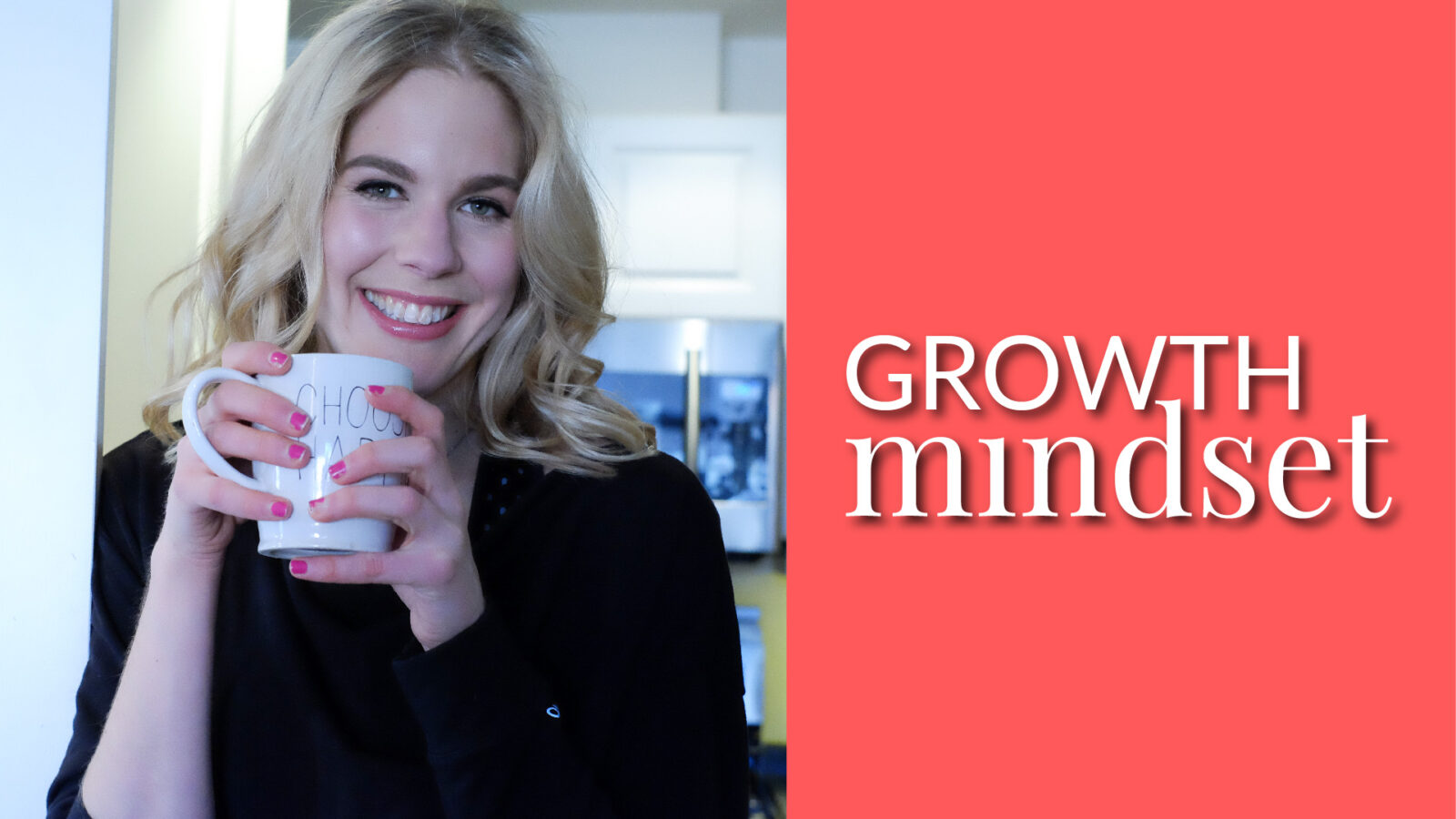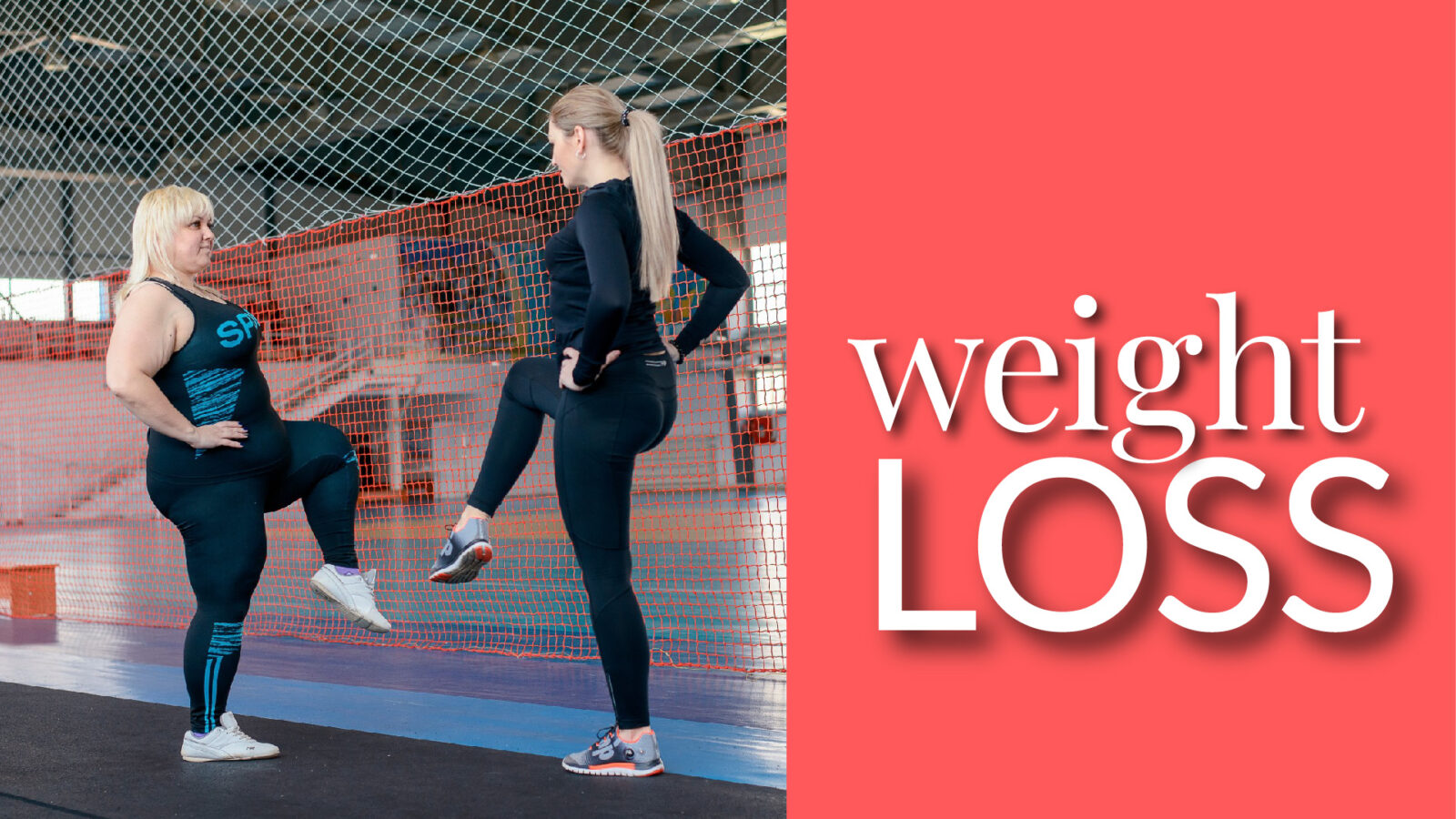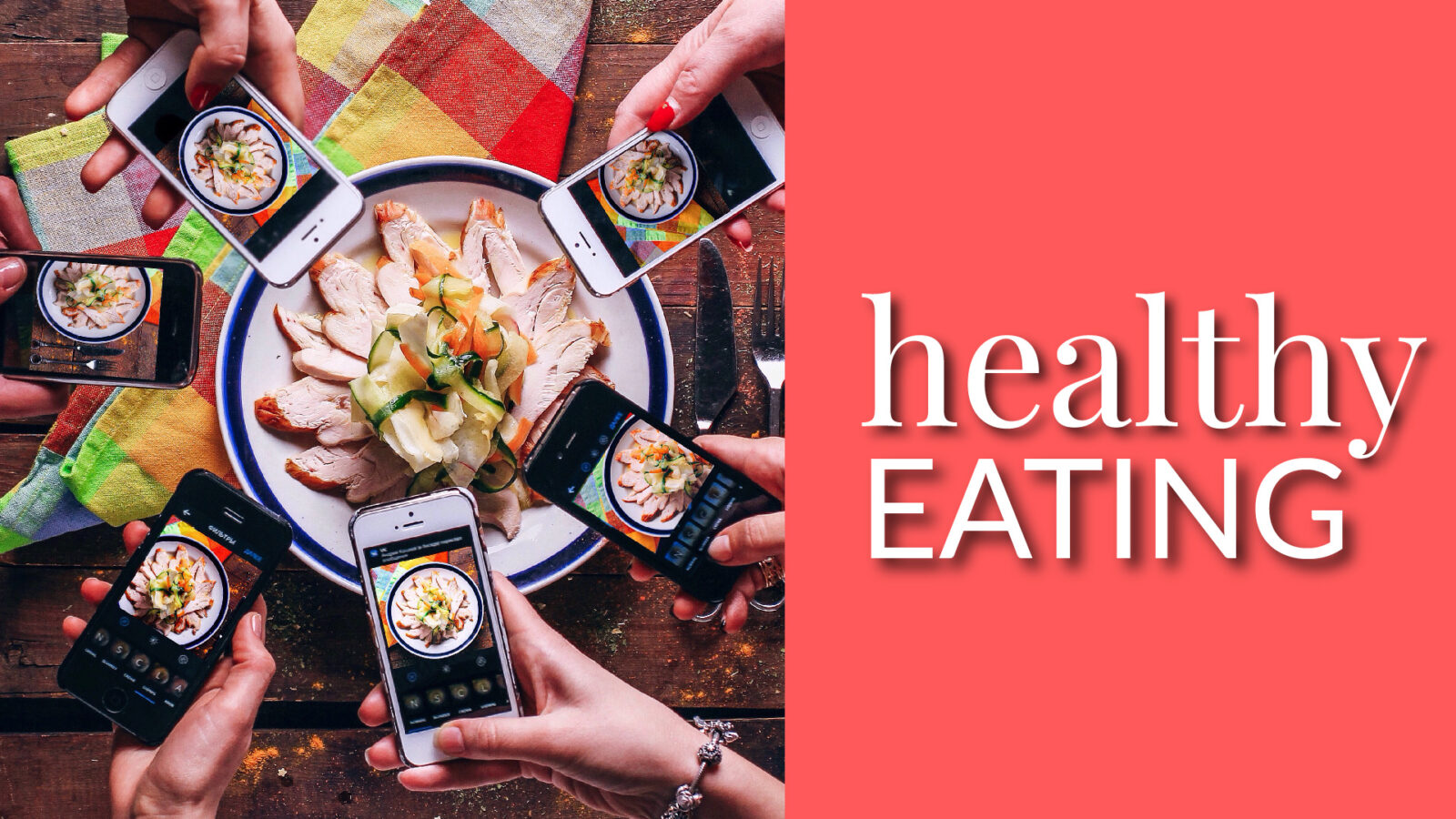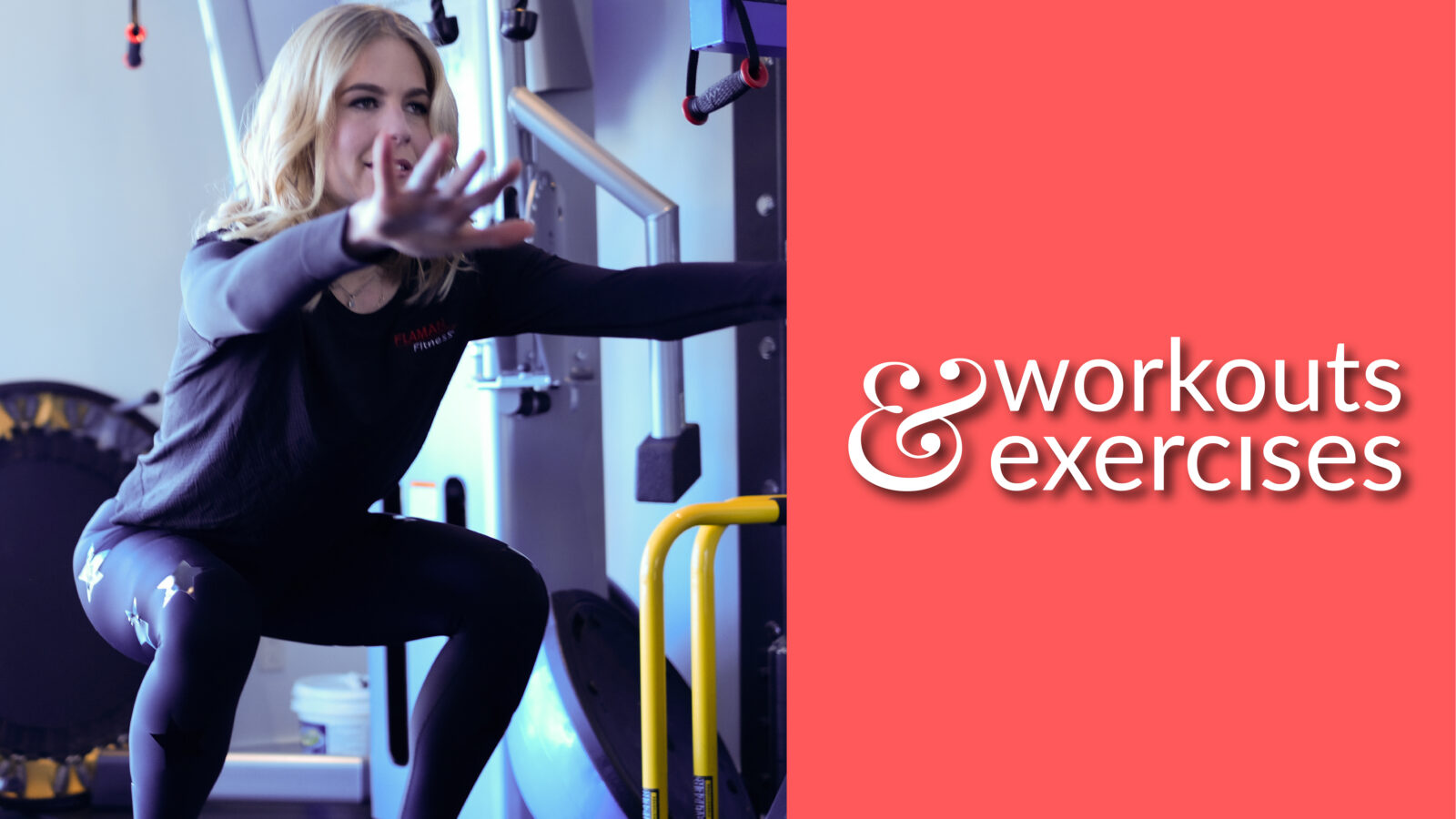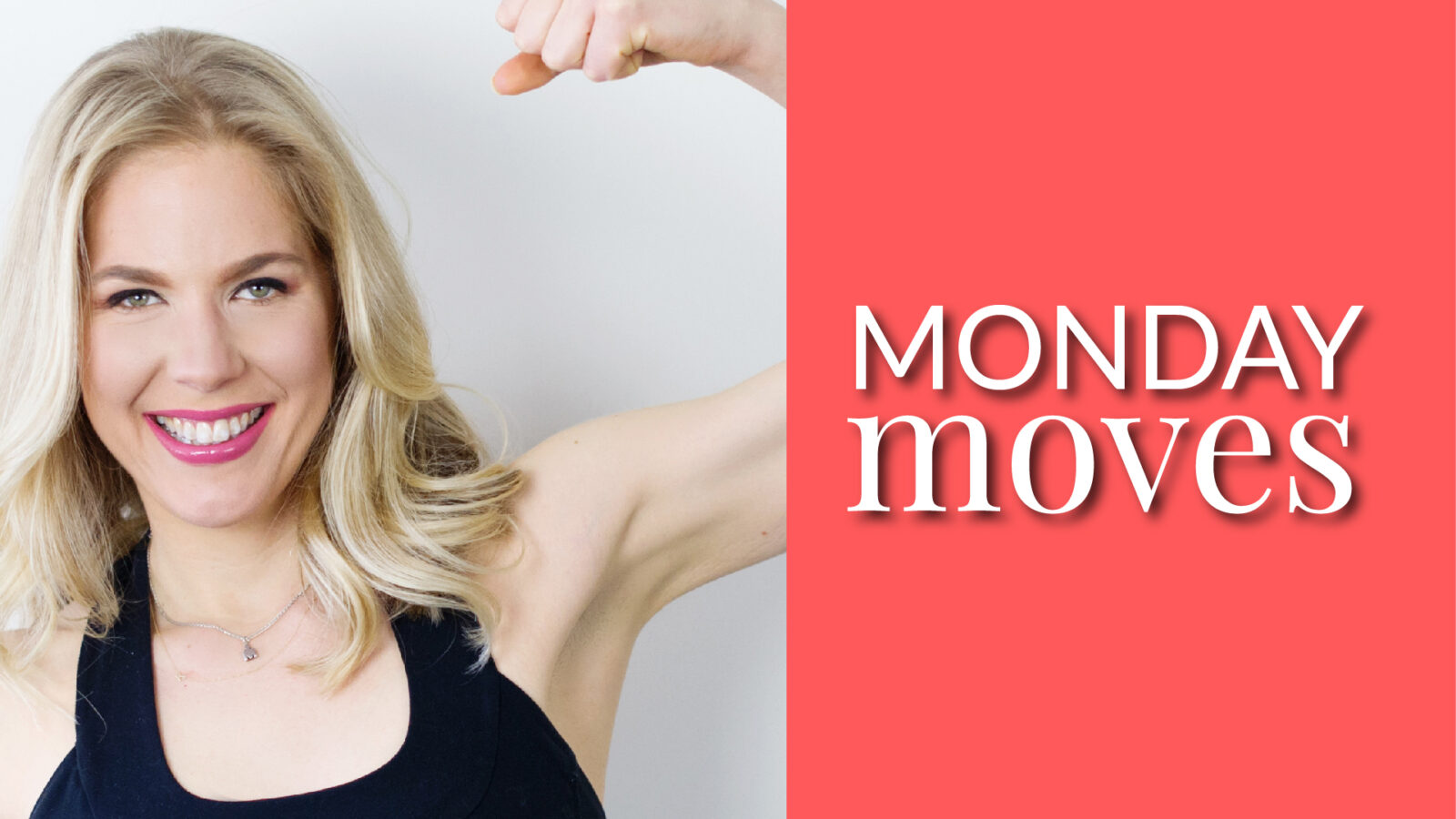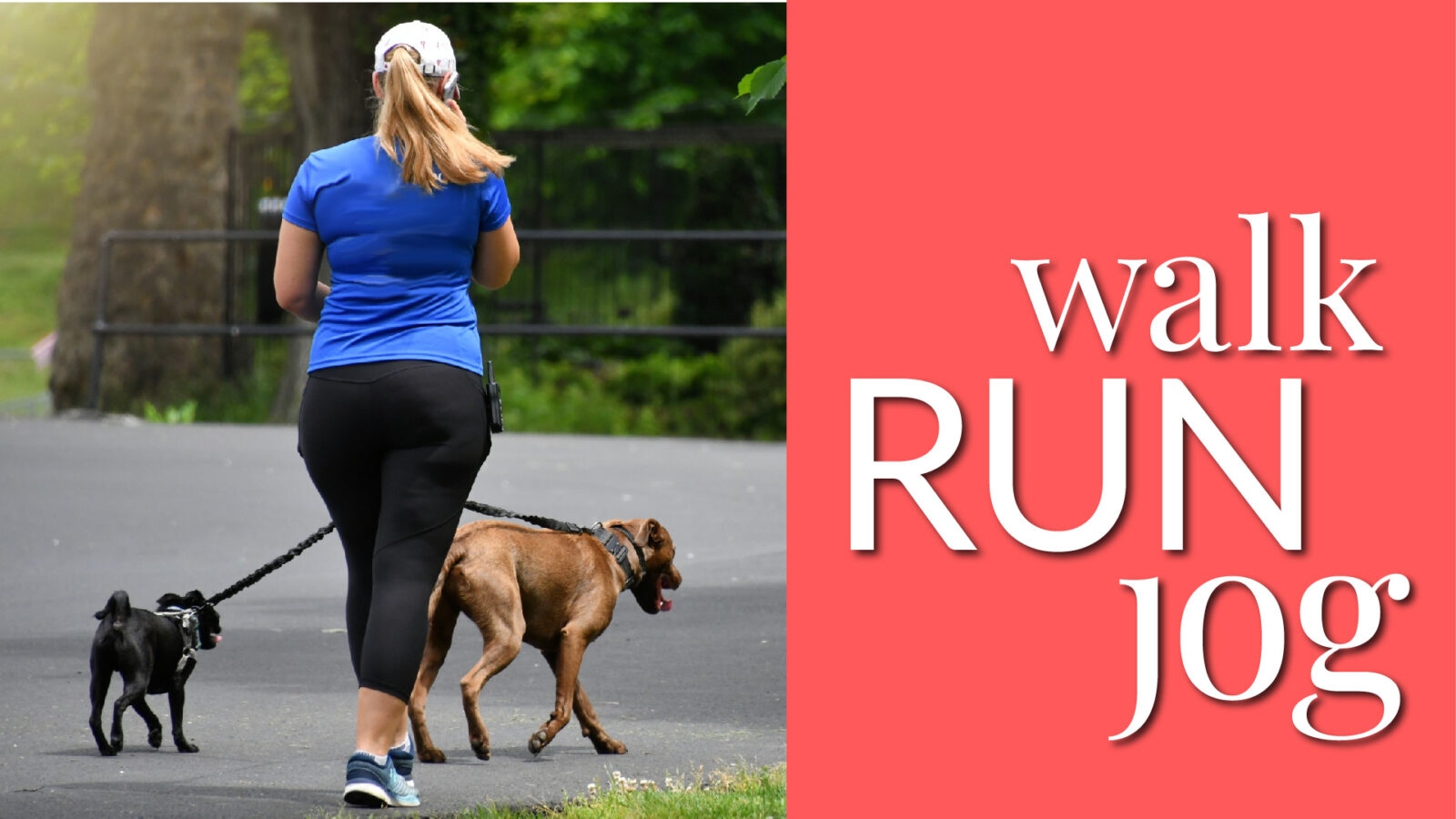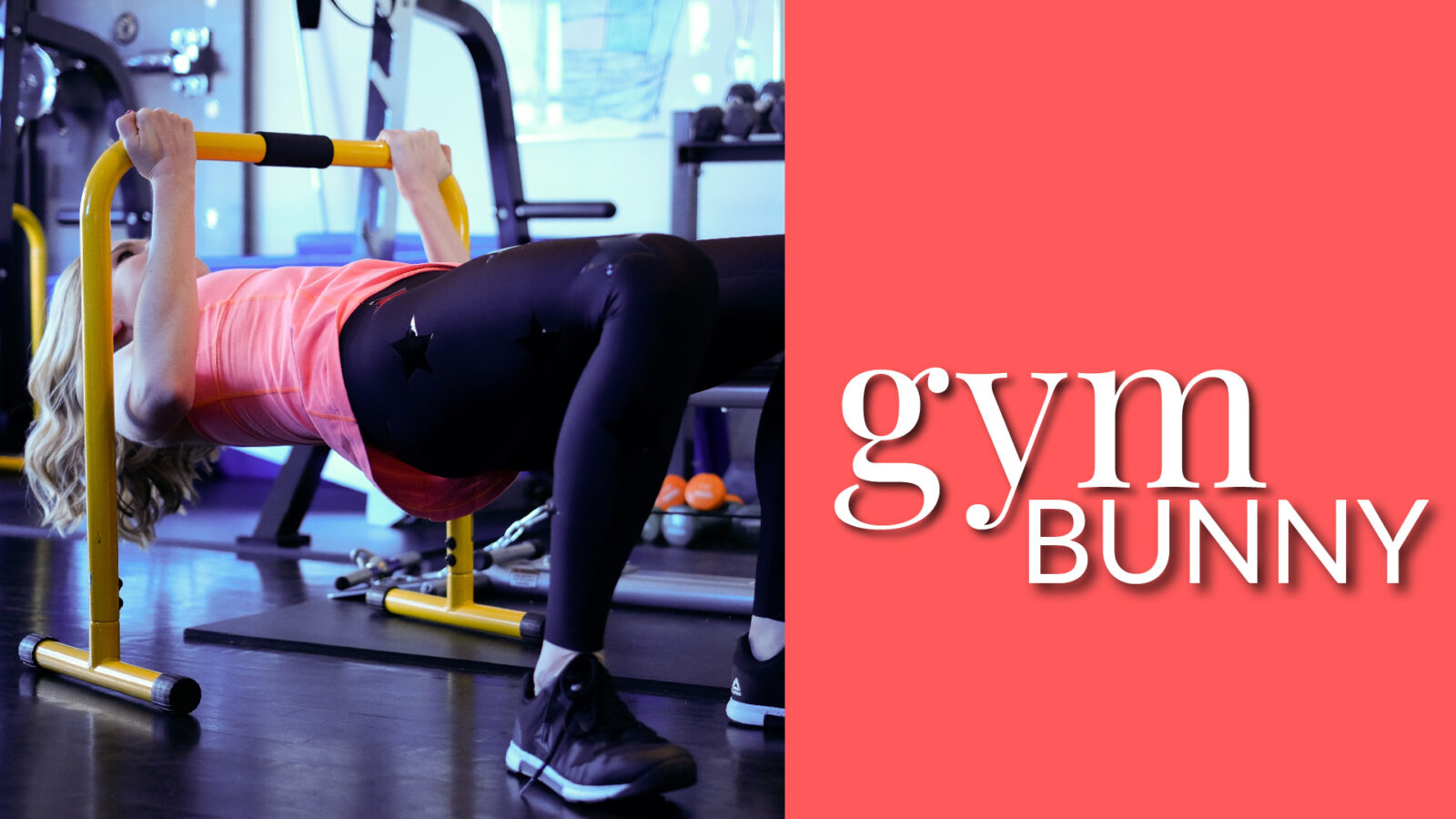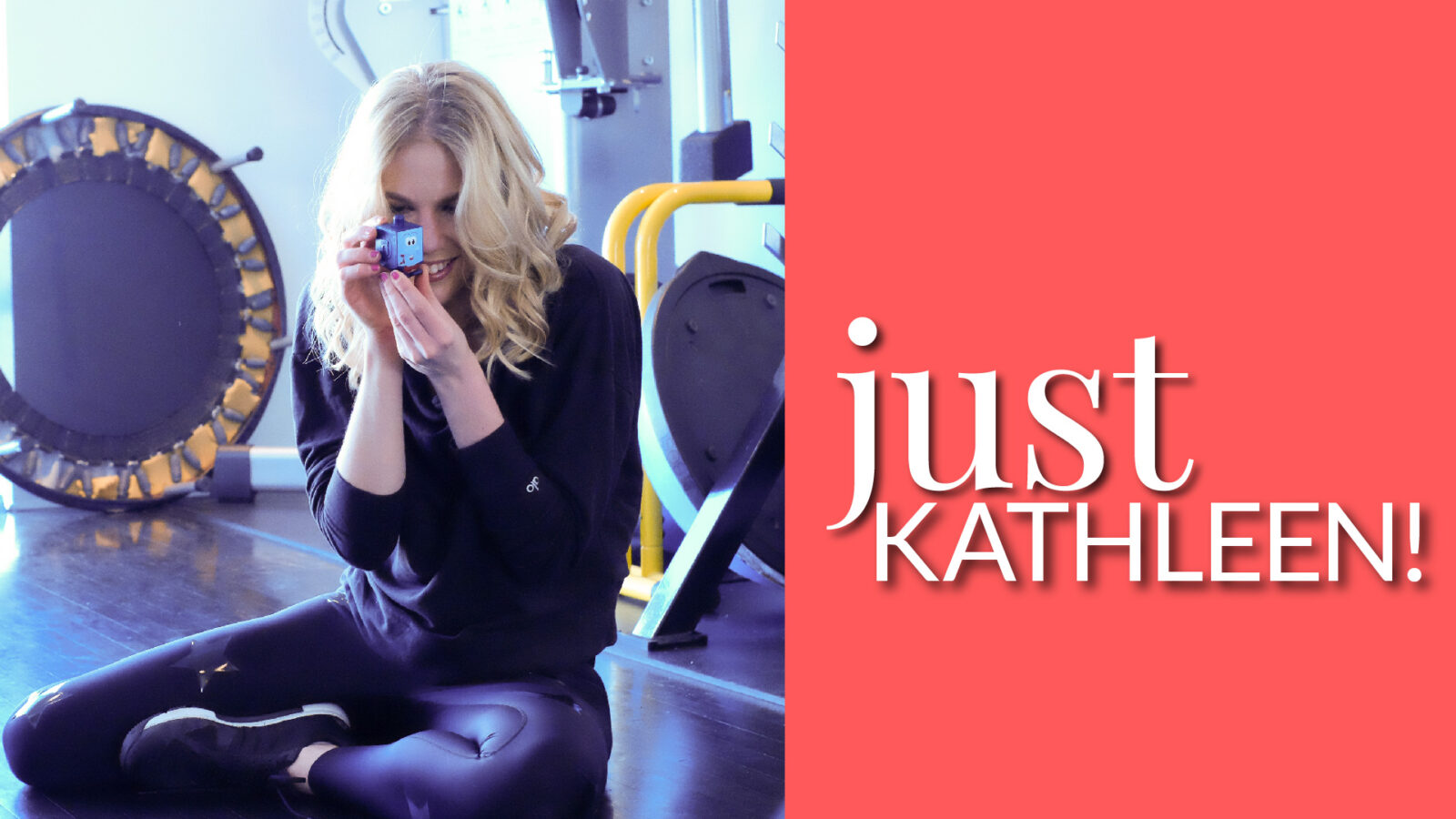Book Review: Dare to Lead by Brené Brown
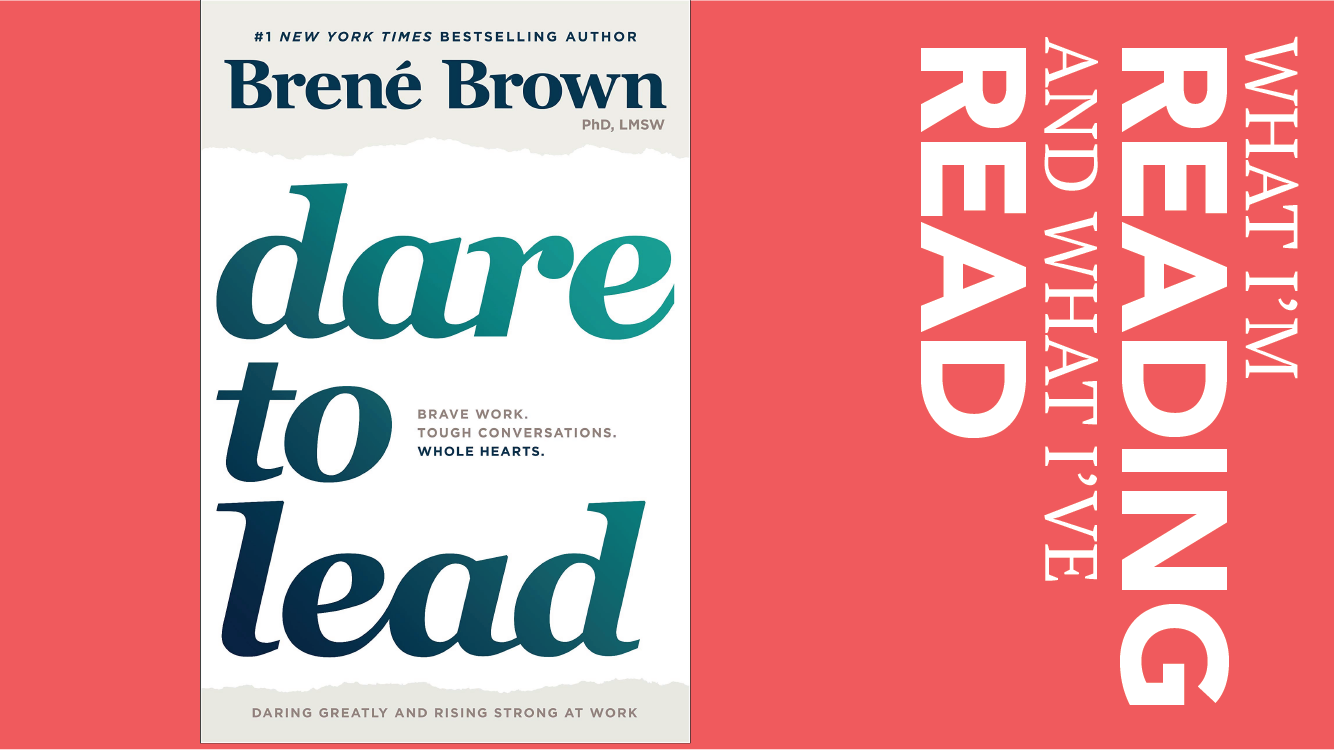
I find a Brené-inspired “Kathleen-to-Kathleen” self-talk lecture particularly useful whenever I hear myself internally rationalizing the merits of taking the “easy path” vs the path lined with courage and integrity. (You know the “easy” path — the “I deserve to sleep in, eat that unhealthy food, skip my workout, be the lazy friend or daughter, etc” path. The path that results in momentary numbing of emotions but NEVER results in long-term happiness or satisfaction.) In these moments I might call on the lessons learned from Brené. I say, “Kathleen, your values have to be acted not simply professed — walk your walk.” Or, “Kathleen, love is an action not simply something to be professed … ACT!” Or, “trust in self and trust in others are built in the small moments. This is a moment to build self-trust …. Act the way your future self will be proud of.”
In Dare to Lead, Brené applies her research to the workplace with the goal of building positive and productive work relationships and leaders. I don’t work at a company (I am self-employed) and was thus not initially pumped to read it, but then I thought, “Brené’s work always has a few gems, and one’s ability to have positive external relationships is inextricably linked to one’s ability to foster an internal relationship; so worst case I can apply the main take-aways to my own self-talk.” (The importance of productive self-talk can’t be overemphasized, especially in the field of health and wellness; the only way to morph “fitness wishes” into “fitness actions” is to create self-talk that connects the dots between wanting and doing.)
My two favourite “gems” from Dare to Lead are Brené’s understanding of courage in connection to feedback and her differentiation between numbing and productive behaviours.
Courage and feedback
The ability to accept feedback requires courage and self-trust. The courage to be vulnerable. The self-trust to say, “I can have the courage to listen to this feedback without having to implement or absorb the information. Once I hear it I will decide what I believe, what I want to incorporate, and what I want to discard.” (Accepting feedback has traditionally been hard for me. James would say that earlier versions of Kathleen “always had to be right.”)
The ability to take feedback is required when adopting a healthier lifestyle. We have to have the courage to listen — REALLY listen … to ourselves, our doctors, prevalent health discourses, etc — without conflating advice regarding ACTIONS with criticism about our worth as a human. Too many of us unconsciously take feedback to our core — we rebel by partaking in unhealthy, unproductive habits because we don’t take the moment to divorce information about “an action in need of change” from our “worth as a human.”
The next time you find yourself bristling at health advice — or buying into your own negative brain propaganda of “I deserve” to skip this workout or have food I know I don’t actually want — say to yourself, “Self, you don’t have to be defensive. The need to change a habit is not an attack on your self-worth. Just listen. You don’t have to act on any advice, but you have to have the courage to be curious, open your ears, and at least hear the information before you tell the person — or tell your rational self — that they are wrong. Plus, there is always something valuable in any feedback.”
Work to understand the beliefs behind the action; numbing vs productive behaviours
You can savour ice-cream slowly with someone you love as a method of connection.
You can also numb your emotions by stuffing ice-cream into your face without tasting it while you watch TV.
Same action. Different WHY.
When it comes to adopting a healthier lifestyle, the journey is to work to learn that the same action can come from different beliefs and values; until you understand the values behind any action, long-term change is simply a mirage. If you are numbing your emotions with food you MUST work to uncover the nascence of that sadness, loss, anger, etc
Figure out what brings you real comfort — a phone call with a friend, a walk, a bath, etc — vs simply momentary emotional anaesthesia. (This is a work in progress for me. Through my work with my therapist and reading Brené, I know this cognitively, but “knowing” and “emotionally believing” — and thus embodying the knowledge — are two different things. I am working on the emotional belief.)
Last, as always Brené highlights the importance of aligning values and actions. When it comes to health and wellness this means “stop just talking about health — ACT!!” Shift from wanting to BE RIGHT to wanting to GET IT RIGHT. You don’t have to know everything about your health. You don’t have to have it all figured out — I SO do not have it all figured out — you just have to genuinely want to ACT. Instead of enjoying the ability to tell people that you are “on a diet” or “working out” (be right), work to really, TRULY want to get it right.
Final thought
Work to take the energy most of us use to criticize others and use said energy to act; positively impact your own life. Care about your own actions. Thrive in your own lane.

